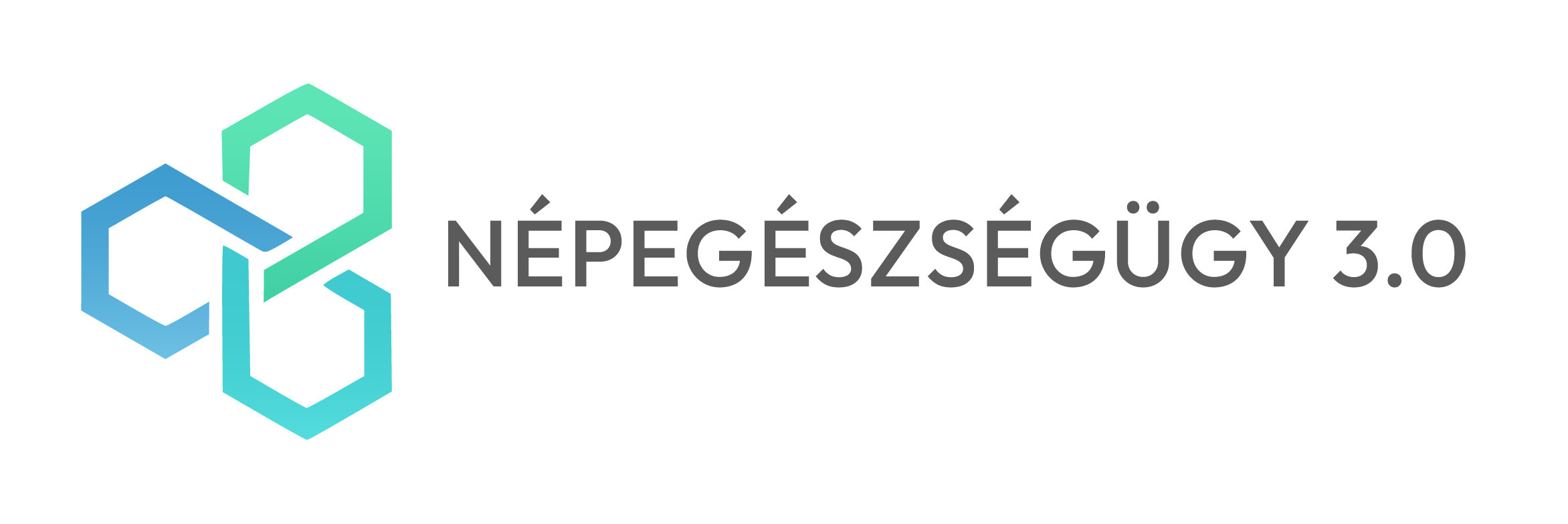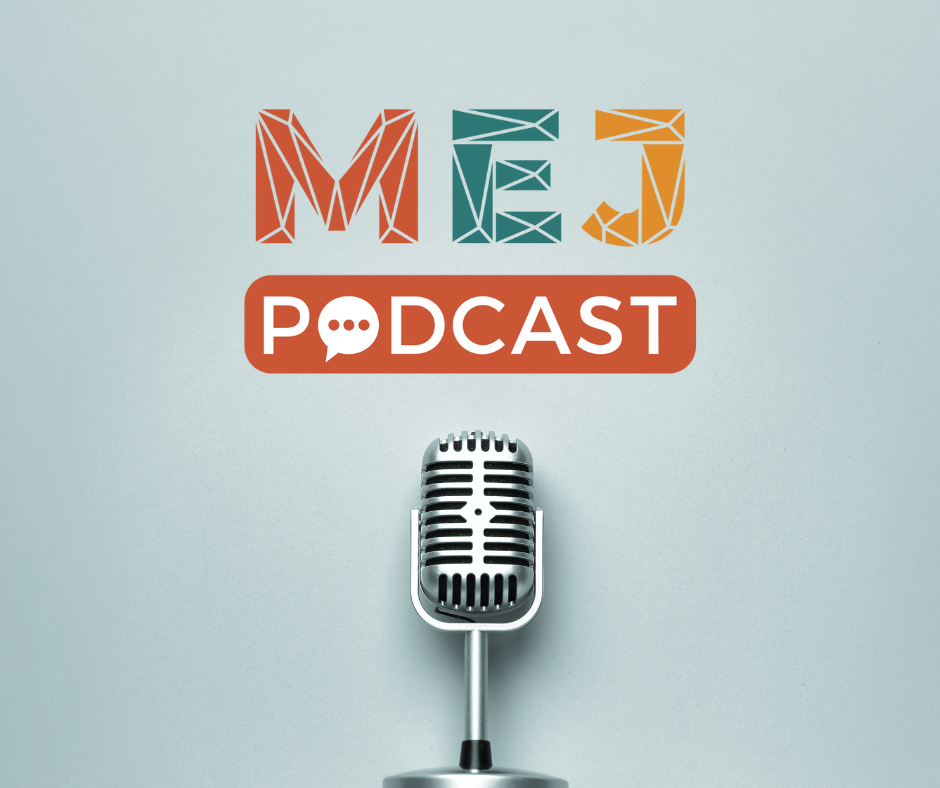Szervezeti „jóllét” a mindennapokban - A Pécsi Tudományegyetem Általános Orvostudományi Kara az örömteli szervezetté válás útján
Absztrakt
BEVEZETÉS: A felsőoktatási intézmények világszerte számottevő változásokkal néznek szembe az oktatás, a hallgatói élmény és az intézményi jóllét területén. A modern felsőoktatási környezetben az intézményi jóllét nem csupán az infrastrukturális fejlesztéseket és a szakmai eredményeket jelenti, hanem szélesebb értelemben a hallgatók, az oktatók és az adminisztratív személyzet fizikai, mentális és társadalmi jóllétének fenntartását és javítását is magában foglalja. A tanulmányban a Pécsi Tudományegyetem Általános Orvostudományi Karának (PTE ÁOK) példáján keresztül mutatjuk be a szervezeti jóllét lehetőségének megteremtését a mindennapi feladatok kapcsán.
MÓDSZEREK: Irodalomelemzést, összehasonlító elemzést végeztünk az örömteli szervezet és a megvalósítás 4 alapszabálya (4DX) módszer főbb elemeit tekintve. Emellett félig strukturált interjúkat készítettünk a kari stratégia (PotePillars) megvalósításának segítésére alkalmazott 4DX módszer működésének vizsgálatára.
EREDMÉNYEK: A 4DX módszer alkalmazása a szervezetben lehetővé teszi, hogy a szervezet céljait alapul véve kommunikáció jöjjön létre a szereplők között, amely a bizalomra és a tiszteletre épít. A módszer lényegi eleme, hogy a szervezet tagjai felelősséget vállalnak saját feladataik kiválasztásáért és megvalósításáért. E módszer az egyéni jóllét mellett a szervezeti jóllétet is nagymértékben támogatja.
KÖVETKEZTETÉS: A megvalósítás 4 alapszabálya megtestesíti a Lövey és Nadkarni (2007) által leírt szervezeti kötődést, amely akkor alakul ki, ha az egyén azt érzi, hogy fontos, autonóm tagja az intézménynek, azonosul a szervezeti kultúrával, és többirányú kapcsolatai vannak a szervezeten belül. Egy szervezet gerincét és teljesítményét a kulcsszereplők adják, azaz az emberi erőforrás a szervezeti siker kritikus meghatározó tényezője (Bakacsi, 2015). Tapasztalataink azt mutatják, hogy az általunk alkalmazott modell egyaránt hasznosan támogatja az egyéni és a szervezeti jóllétet.
Hivatkozások
Bakacsi, G. (2004). Szervezeti magatartás és szervezés. Budapest, Aula Kiadó.
Bakacsi, G. (2015). A szervezeti magatartás alapjai. Budapest, Semmelweis Kiadó.
Bakacsi, G. (2020). Leadership új megközelítésben. Előadás a PTE KTK Változás, újratervezés és fejlődés c. online tudományos konferenciáján, 2020. november 5-6.
Bakacsi, G., és társai (1999). Stratégiai emberi erőforrás menedzsment. Budapest, Közgazdasági és Jogi Könyvkiadó.
Csikszentmihalyi, M. (1990). Flow: The Psychology of Optimal Experience.
Covey, S. R. (2019). Valódi nagyság: 12 eszköz sikerhez. Budapest, Harmat Kiadó.
Covey, S. M. R., & Merrill, R. R. (2011). A bizalom sebessége. Budapest, HVG Könyvek.
Covey, S. R. (2004). The 8th Habit: From Effectiveness to Greatness. Free Press.
Covey, S. R. (2007). A kiemelkedően eredményes emberek 7 szokása. Budapest, Bagolyvár Kiadó.
Craft, R. C., & Leake, C. (2002). The Pareto principle in organizational decision making. Management Decision, 40(8), 729–733. doi: 10.1108/00251740210437699
Drucker, P. F. (1992). A hatékony vezető. Budapest, Park Kiadó.
Durston, I. (2007). Amit a gyerekeimtől tanultam a menedzsmentről. Budapest, HVG Kiadó.
Farkas, F., és társai (2015). Menedzsment alapvetések és funkciók. Pécs, PTE KTK.
Harris, P. R., & Harris, K. G. (1996). Managing effectively through teams. Team Performance Management, 2(3), 23-36. doi: 10.1108/13527599610126247
Karoliny, M. (2009). A „TÉR”-képek színe és fonákja. A teljesítményértékelésről másként is. In: LI. Georgikon Napok - 51st Georgikon Scientific Conference: Lokalizáció – Megoldás a fenntarthatóságra? Keszthely, október 1-2.
Károlyi, L. (2017). Üzleti Kaméleon. Budapest, Alinea Kiadó.
Kelló, É. (Ed.) (2014). Coaching alapok és irányzatok. Budapest, Menedzsment Szakkönyvtár, Akadémiai Kiadó.
Kennedy, P. W., & Dresser, S. G. (2001). Appraising and Paying for Performance: Another Look at an Age-old Problem. http://my.safaribooksonline.com/book/-/9781426018596/chapter-45-beyond-the-performance-appraisal/appraising_and_paying_for_perf#X2ludGVybmFsX0ZsYXNoUmVhZGVyP3htbGlkPTk3ODE0MjYwMTg1OTYvMjEz (Letöltve: 2021. május 2.)
Lövey, I., & Nadkarni, M. S. (2003). Az örömteli szervezet. Budapest, HVG Kiadó.
McChesney, C., Covey, S., & Hulling, J. (2017). A megvalósítás 4 alapszabálya. Budapest, Harmat Kiadó.
Murnigham, J. K. (2013). Ne dolgozzunk mások helyett! A túlmenedzselés csapdái. Budapest, HVG Kiadó.
Rich, G. A. (1997). The sales manager as a Role model: Effects on trust, job satisfaction, and performance of salespeople. Journal of the Academy of Marketing Science, 25(4), 319–328. doi: 10.1177/0092070397254004
Ryan, R. M., & Deci, E. L. (2017). Self-determination theory: Basic psychological needs in motivation, development, and wellness. The Guilford Press. doi: 10.1521/978.14625/28806
Schein, E. H. (2010). Organizational culture and leadership. Fourth Edition. San Francisco CA, Jossey-Bass.
Seligman, M. E. P., & Csikszentmihalyi, M. (2000). Positive psychology: An introduction. American Psychologist, 55(1), 5–14. doi: 10.1037/0003-066X.55.1.5
Thomas, K. W. (2009). Intrinsic Motivation. San Francisco, Berrett-Koehler Publishers.
Titkos, C., & Nagy, N. (2020). A belső motivációs eszköztár terápiás hatása a vezetési folyamatban. In: II. Farkas Ferenc Nemzetközi Tudományos Konferencia Kötet. Pécs, PTE KTK, 593-617. Elérhető: https://digitalia.lib.pte.hu/hu/balogh-laszlo-sipos-farkas-f-ii-nemzetkozi-tud-konf-2020-ptektk-pecs-2020-425#page/617/mode/1up
Torrington, D., & Hall, L. (1987). Personnel Management – A new approach. Hertfordshire, Prentice Hall International Ltd.
Wiseman, L. (2017). Multipliers: How the best leaders make everyone smarter. Harper Business.












